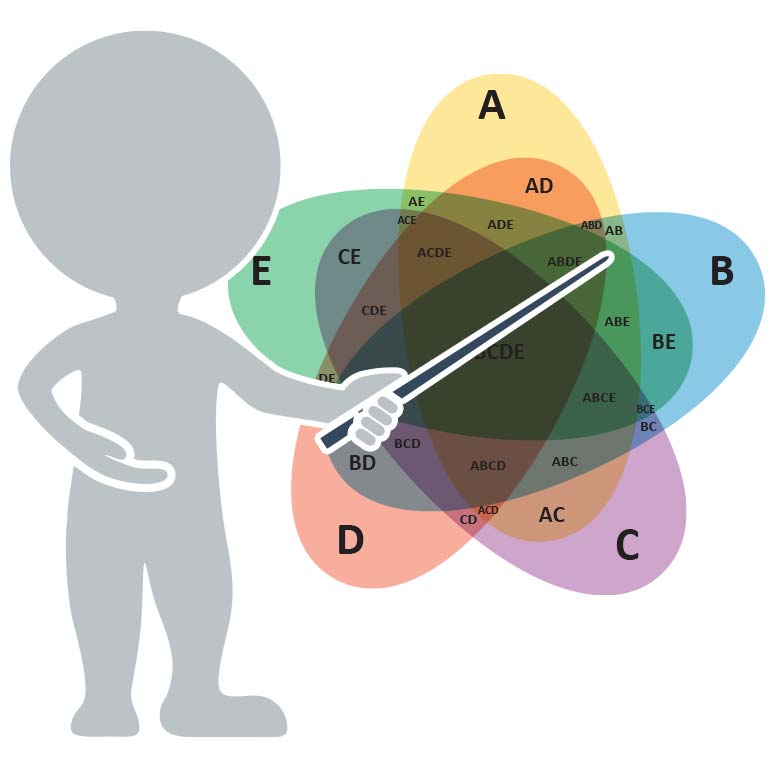To continue where things left off in Part 1, the concept of evolving giving circles into some thing like a Philanthropic Action Committee may be precisely what some orchestras need in order to help build their supporter base and increase active participation.
Case in point, look at what’s going on in St. Louis right now. The management and musicians are in a heated labor dispute that has de-evolved into a PR slug fest with both sides showing signs of being pummeled.
SLSO management claims it can no longer raise additional funds and/or won’t redirect current funds to meet musician demands and the musicians claim management is reneging on past promises and not using current funds to their best effect. But the one voice you don’t hear much about is that of the day to day ticket buyer and supporter.
A cornerstone in management’s argument is they can’t redirect any of the funds raised over the past several years to directly support musician salaries. In response, many individual donors have been contacting the SLSO development office asking to make a donation which will be directed entirely toward musician salaries.
Since there was no real mechanism in place to do so, the SLSO sent out the following email to its existing donors at the beginning of April [edited for length]:
Dear Donors and Patrons:
We are writing this letter because many of you have asked over the last several weeks if there is anything you could do to help fund musicians’ pay. Our answer to you has been to support the Annual Fund and/or give to the endowment. [cut]
Although we believe that giving to the Annual Fund is the wisest course for the broad base of our donors to take, we are initiating a special one-time campaign for those who feel a particular need to help support musicians’ pay. Accordingly, we are making the following request: for Annual Fund donors who gave between September 1, 2003 and December 31, 2004 and who make an additional gift by March 31, 2005, that special gift will be applied to the remaining $4 million we are raising for endowment. If you are not a current Annual Fund donor, we encourage you to consider a gift to the Annual Fund and/or the endowment at this time.
The earnings from that $4 million, along with the earnings from the $16 million raised to date, will be applied strictly toward musicians’ salaries. As we look to the future, we will continue efforts to raise additional unrestricted endowment so that our total endowment is more in line with those of peer orchestras. [cut]
Thank you very much for your past and future support of the Saint Louis Symphony Orchestra.
Sincerely,
Cynthia J. Brinkley, Chairman
Virginia V. Weldon, M.D., Former Chairman and Honorary Trustee
This proposed short term fundraiser solves the issue of being able to make donations which will be used exclusively toward musician’s salaries; sort of. If you haven’t already made a donation to the SLSO Annual Fund during a recent four month window, you can’t give any funds which will be applied strictly to musician salaries.
Those eligible to make a donation to this fundraiser are restricted to an arguably small number of individuals and the program apparently excludes a number of patrons who may have only now become interested in giving due to the publicity surrounding the negotiation impasse.
However, given the publicity surrounding the negotiations, it’s conceivable that a conglomerate of like minded SLSO patrons and supporters could pool their potential donations and form a Philanthropic Action Committee capable of making a sizable donation. This donation could easily be large enough to render the disagreement between management and musicians moot.
For instance, the amount in question between the two sides is approximately $1.6 million, or $400,000 per year. The SLSO management is currently saving about $100,000 per week* due to not paying the players salaries or benefits. Even if you include a wide margin of error which may dictate that the savings may not be that high, the orchestra is still only about $100,000 away from meeting the first year’s additional income requirements.
Now, bring the giving power of a newly formed St. Louis area Philanthropic Action Committee capable of giving $2,500 each and you only need 20 people in order to make a donation of $50,000 which must be directed specifically toward musician salaries. That donation can be proposed as a sort of “challenge grant” the SLSO management can use to raise the additional funds from other like minded individual donors.
That would solve the current impasse and create the momentum needed to continue the fundraising for each additional year of the contract. In the end, a Philanthropic Action Committee could bring the SLSO impasse to a close.
There’s really no limit to how much good Philanthropic Action Committees can do in any given orchestra. Most importantly, they are going to show beyond a shadow of a doubt what direction they think is most important for their orchestra to move; as a result, orchestra administrators can feel good about successfully serving their public.
If members of a PAC want more contact with musicians, they’ll give money toward funding regular musician/patron interaction events after concerts. After learning that the orchestra administration is still using Microsoft Windows 95, they can donate money specifically toward computer software upgrades and necessary related hardware.
In order for these things to happen, an orchestra must be willing to open up the doors to its inner workings and let their supports come in.
Which group of donors out there is going to step up and become the first ever Philanthropic Action Committee? If anyone is looking for help getting one started, drop me a note.
* Based on an approximate figure of $200,000 per week orchestra salary/benefits expenditure less an approximate $100,000 per week via returned ticket revenue.


